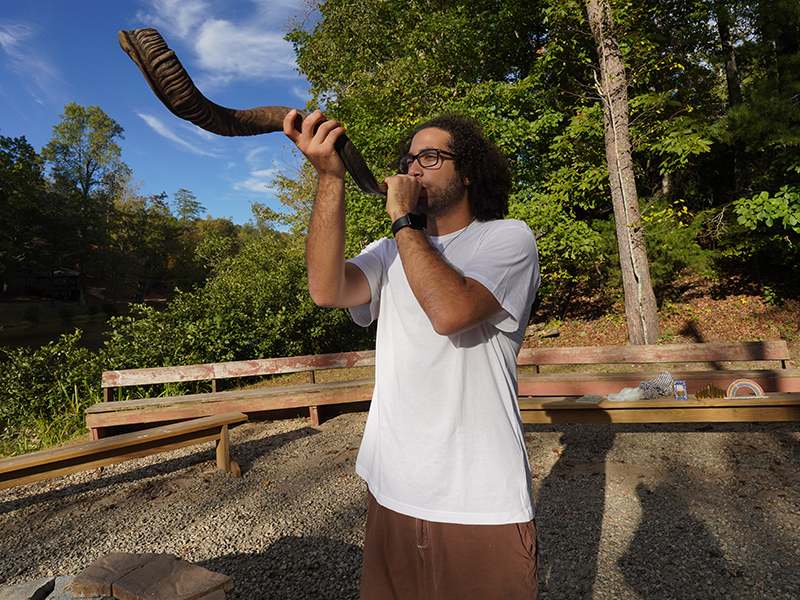"I hate to break it to you, but Noah’s Flood is not a real thing."
I love an article that starts that way. At the risk of being unkind, it really amazes me that we live in a world in which a large number of people believe that the story of The Flood is literally, historically true.
It's easy to believe, at least in theory, the miracles in the Bible. I don't believe them, mind you. At least, not literally. But, they aren't hard to believe, at all, if you believe in a literal, active, omnipotent God. For that kind of God, splitting the Red Sea, making a bush burn without being consumed, or even raising the dead shouldn't be hard at all. There is no inherent reason that those stories have to be false. But, Noah's Ark? Noah's Ark seems different.
To believe the full story of Noah, you have to do more than believe that God got angry with all humanity. That God decided to wipe us all out with a flood. That God spoke to a man, and commanded him to build an ark. No, you've got to believe, as well, that a man (perhaps with the help of his family) was able to build an ark which was large enough to hold two (or, according to some parts of the text, 14) of every land animal and bird in the world. And, not just the animals, of course, but also their food (of course, I guess it's possible that God suspended the laws of hunger for the duration, as well). How big do you suppose the ark was, supposedly? Well, the Torah actually tells us that it was about 140 m long, 25 m wide, and 45 m high. I wonder — is it harder to believe that a person, back then, could build such a thing, or that even an ark that large is up to the task of housing a pair (or 7!) of every animal on earth?
I know I'm not going to convince anyone who is not already convinced, but logic screams out that the story of Noah's Ark cannot possibly be literally true. And, by the way, science also screams out that a worldwide, cataclysmic flood also has no basis in scientific history:
A third misconception is that a Black Sea flood could ever be “worldwide.” The idea that it could is inextricably linked to “flood geology,” the fake-science backbone of creationism...
Let me state for the record: many archaeologists and geologists have discovered evidence for many different floods, some of them large, or sudden, or both. But they all have end points, high water marks if you will. They certainly did not cover the entire earth. (Sorry, creationists.)
The end of the article, in an almost offhanded way, reveals what the story might really mean:
Yes, the Bible's flood myth can be successfully linked to documented Sumerian and Babylonian mythology in several respects...But the whole moral lesson of the Bible's Noah's Art story-that God punished humanity for our wicked deeds-has no place in these earlier tellings. The Babylonian weather god Enlil tried to flood out mankind because all our noise was keeping him awake.
Lots of ancient people came up with ideas of a furious God destroying everything in sight. Our innovation, it seems, was in acknowledging that our own actions might have some relevance here. That we, through our refusal to behave like decent people, might be the sowers of the seeds of our own destruction.
You don't have to think that was literally true to understand that there is still a lesson there that we desperately need to learn. We can't control much, at all. But we sure seem to have the ability to make our world, large and small, uninhabitable.
I just wish that people would stop looking for the damn boat. We've got more important things to do, and to talk about.
Rabbi Jason Rosenberg is the Assistant Rabbi at Congregation Beth Am in Tampa, FL.
Related Posts

Embracing Jewish Tradition to Process Trauma and Grief

Resources for Marking the Anniversary of October 7th


